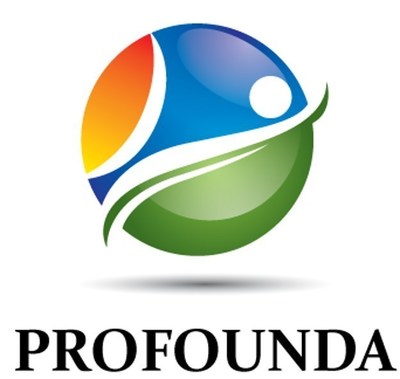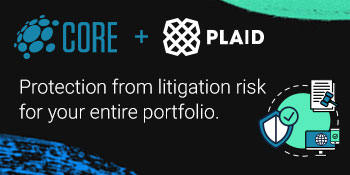Profounda Reports FDA Granted Co. Orphan Drug Designation Approval For Treatment Of Invasive Candidiasis With Miltefosine; BZ NOTE: Co. Licensed Miltefosine From Knight Therapeutics In 2013
Author: Benzinga Newsdesk | November 08, 2021 11:01am
- Invasive candidiasis is an infection caused by a yeast (a type of fungus) called Candida. and is a serious infection that can affect the blood, heart, brain, eyes, bones, or other parts of the body.
- In the United States, candidemia is one of the most common causes of bloodstream infections in hospitalized patients and it often results in long hospital stays and death.
ORLANDO, Fla., Nov. 8, 2021 /PRNewswire/ -- Profounda, Inc. ("Profounda") announced today that it has received the US Food and Drug Administration's Orphan Drug Designation Approval for the use of miltefosine to treat Invasive Candidiasis with Miltefosine. Profounda licensed miltefosine (Impavido®) from Knight Therapeutics (TSX:GUD) Inc in 2013 for Leishmaniasis. Leishmaniasis is a parasitic disease that is found in parts of the tropics, subtropics, and southern Europe. Leishmaniasis is caused by infection with Leishmania parasites, which are spread by the bite of infected sand flies. There are several different forms of leishmaniasis in people. The most common forms are cutaneous leishmaniasis, which causes skin sores, and visceral leishmaniasis, which affects several internal organs (usually spleen, liver, and bone marrow). During 2013–2017, the average incidence for Invasive Candidiasis was approximately 9 per 100,000 people; however, this number varies substantially by geographic location and patient population. CDC estimates that approximately 25,000 cases of candidemia occur nationwide each year.

Profounda receives orphan drug approval for treatment ent of invasive Candidiasis with Miltefosine
Though it is the most common form of invasive candidiasis, candidemia does not represent all forms of invasive candidiasis because the infection can occur in the heart, kidney, bones, and other internal organs without being detected in the blood. In fact, the true burden of invasive candidiasis might be twice as high as the estimate for candidemia.
In addition to the approval for the treatment of Leishmanias, Miltefosine has also received orphan drug designation in treating the Free-Living infection Primary Amebic Meningoencephalitis (PAM), the brain infection caused by the water-born amoeba Naegleria fowleri, Granulomatous Amebic Encephalitis (GAE) and also for Acanthamoeba Keratitis, a severe eye infection in which over 200 patients have been treated and is the first Rx product launched in the U.S. by Profounda, Inc. .
In August of 2016, miltefosine played a role in helping a Florida teen survive a brain eating amoeba infection, Primary Amebic Meningoencephalitis (PAM) — Amebic Encephalitis. Since minutes matter, Profounda has offered any hospital in the country a no charge consignment program in which there are now 26 participating hospitals across the country.
Michael MacLaughlan, VP Operations of Profounda, says " An example of invasive Candidiasis is Candida auris which is an emerging multidrug resistant yeast that can cause invasive candidiasis and is associated with high mortality.," and further stated, "Additional treatment options are needed for invasive Candidiasis to allow for a potentially successful treatment".
Posted In: TSX:GUD





